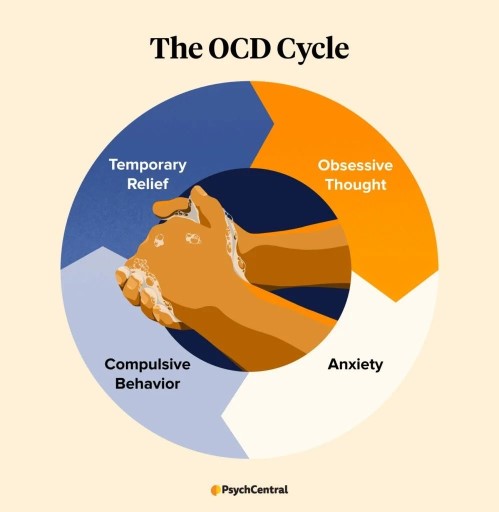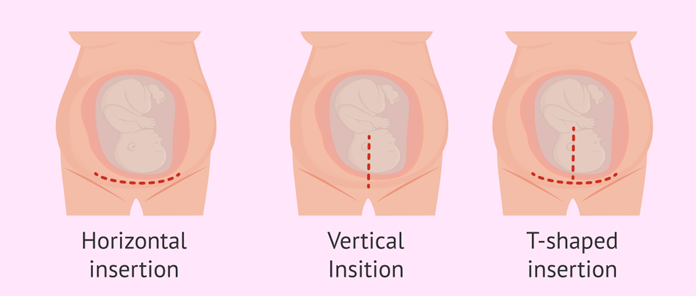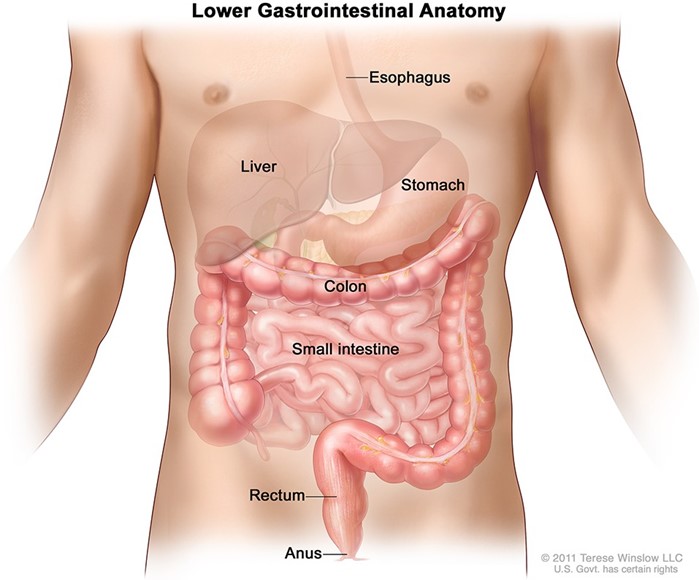During morning rounds, a client who is admitted with obsessive-compulsive disorder is in the dayroom repeatedly washing the top of the same table. Which intervention should the practical nurse (PN) implement when approaching the client?
Encourage the client to be calm and relax for a little while.
Allow time for the behavior and then redirect the client to other activities.
Teach the client thought-stopping techniques and ways to refocus behaviors.
Assist the client to identify stimuli that precipitate the activity.
The Correct Answer is B
This is the most appropriate intervention for the PN to implement when approaching a client who is exhibiting compulsive behavior. By allowing time for the behavior, the PN acknowledges the client's need to perform the behavior and avoids creating further stress for the client. Redirecting the client to other activities can also help to refocus the client's behavior and prevent further compulsive behavior.
Encouraging the client to be calm and relax for a little while (A) may not be effective in managing the compulsive behavior.
Teaching the client thought-stopping techniques and ways to refocus behaviors (C) and assisting the client to identify stimuli that precipitate the activity (D) are interventions that may be used in the long term, but they may not be immediately effective in managing the client's behavior in the moment.

Nursing Test Bank
Naxlex Comprehensive Predictor Exams
Related Questions
Correct Answer is C
Explanation
The umbilical cord prolapse is an emergency situation that requires immediate intervention. The PN should not attempt to push the cord back into the vagina or cover it with a dry sterile dressing. Instead, the PN should notify the healthcare provider and the obstetrical team and assist in preparing for an emergency cesarean delivery.
Option A and B may be appropriate in some situations, but they are not the priority in this scenario.
Therefore, options A, B, and D are not answers because they do not address the immediate emergency of umbilical cord prolapse.

Correct Answer is B
Explanation
Guided imagery is a technique that can help the client to relax and reduce anxiety by imagining a peaceful and calming scene. This technique can be helpful for clients waiting for surgery to reduce stress and promote relaxation.
Option A (mindfulness) may also be helpful, but it may require more practice and preparation than guided imagery.
Option C (biofeedback) may not be feasible in the preoperative holding area, and
Option D (cognitive reframing) may not be helpful in the immediate preoperative period.
Therefore, options A, C, and D are not answers because they may not be the most effective technique to help the client in the preoperative holding area.

Whether you are a student looking to ace your exams or a practicing nurse seeking to enhance your expertise , our nursing education contents will empower you with the confidence and competence to make a difference in the lives of patients and become a respected leader in the healthcare field.
Visit Naxlex, invest in your future and unlock endless possibilities with our unparalleled nursing education contents today
Report Wrong Answer on the Current Question
Do you disagree with the answer? If yes, what is your expected answer? Explain.
Kindly be descriptive with the issue you are facing.
